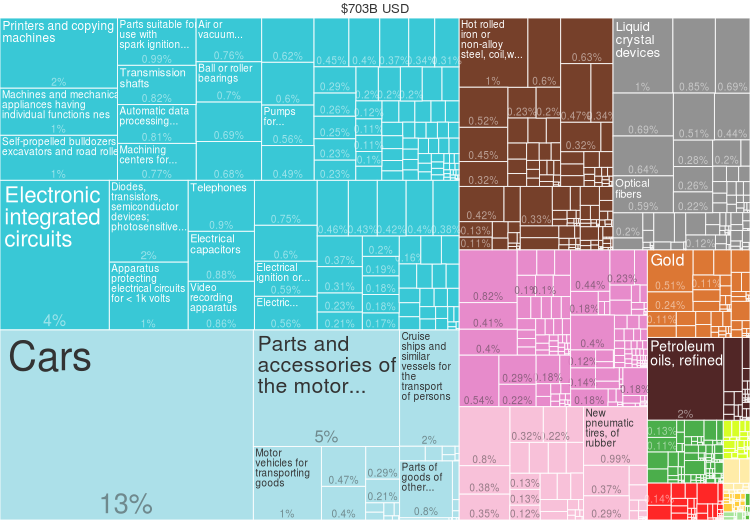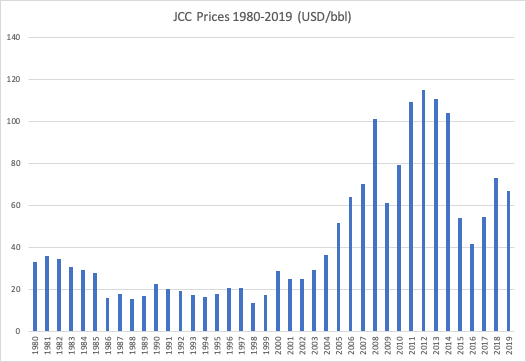Japan's Trade Data Declines Amid Rising Global Geopolitical Tensions

In a concerning development for Asia-Pacific markets, Japan's export figures fell by 1.7% in May 2025, marking the steepest decline in eight months. This decline comes amidst escalating geopolitical tensions, particularly regarding the ongoing conflict between Israel and Iran, which has spurred investor anxiety. As reported by Lim Hui Jie for CNBC, this drop in exports is softer than the anticipated 3.8% decrease forecasted by economists surveyed by Reuters, yet it marks a reversal from the 2% gain recorded in April.
The decline in trade data is significant as it aligns with broader economic trends observed in Japan, where the Bank of Japan recently indicated a likely moderation in economic growth due to external factors impacting trade. Specifically, the Bank noted that these factors could lead to a downturn in corporate profits domestically. According to the Bank's monetary policy statement released on June 16, 2025, such trends present a challenge to Japan's economic recovery after a contraction of 0.2% in the quarter ending March 2025, the first quarterly decline in a year.
On a larger scale, the political climate, particularly actions and rhetoric from U.S. President Donald Trump concerning Iran, is impacting market sentiment across the Asia-Pacific region. Trump's recent statements demanding the unconditional surrender of Iranian leader Ayatollah Ali Khamenei have raised concerns about potential military involvement by the United States in the ongoing conflict. Reports from NBC News confirm that Trump's aggressive stance has contributed to market volatility and heightened tensions.
As a result of these factors, Japan's Nikkei 225 index fell by 0.15%, while the broader Topix index declined by 0.18%. In South Korea, the Kospi index dropped by 0.44%, with the small-cap Kosdaq falling by 0.15%. Australia’s S&P/ASX 200 also saw a slight decline of 0.1%.
Investors are closely monitoring the Federal Reserve's upcoming rate decision, which is anticipated to influence U.S. market performance. Market analysts, such as those at ANZ, have noted that Trump's comments may lead to increased U.S. involvement in the Iran-Israel conflict, further complicating the economic landscape.
Oil prices have reacted sharply to these geopolitical developments, with U.S. crude oil futures rising over 4% to close at $74.84 per barrel, reflecting fears of supply disruptions due to heightened tensions in the Middle East. This rise follows a 10% increase since Israel commenced air operations against Iran's nuclear facilities.
The implications of Japan's declining trade data combined with rising geopolitical tensions are profound, suggesting a possible slowdown in economic recovery as both domestic and international challenges accumulate. Going forward, analysts will be closely observing not just trade figures but also geopolitical developments, which could significantly influence market stability and economic forecasts in the Asia-Pacific region.
Advertisement
Tags
Advertisement





